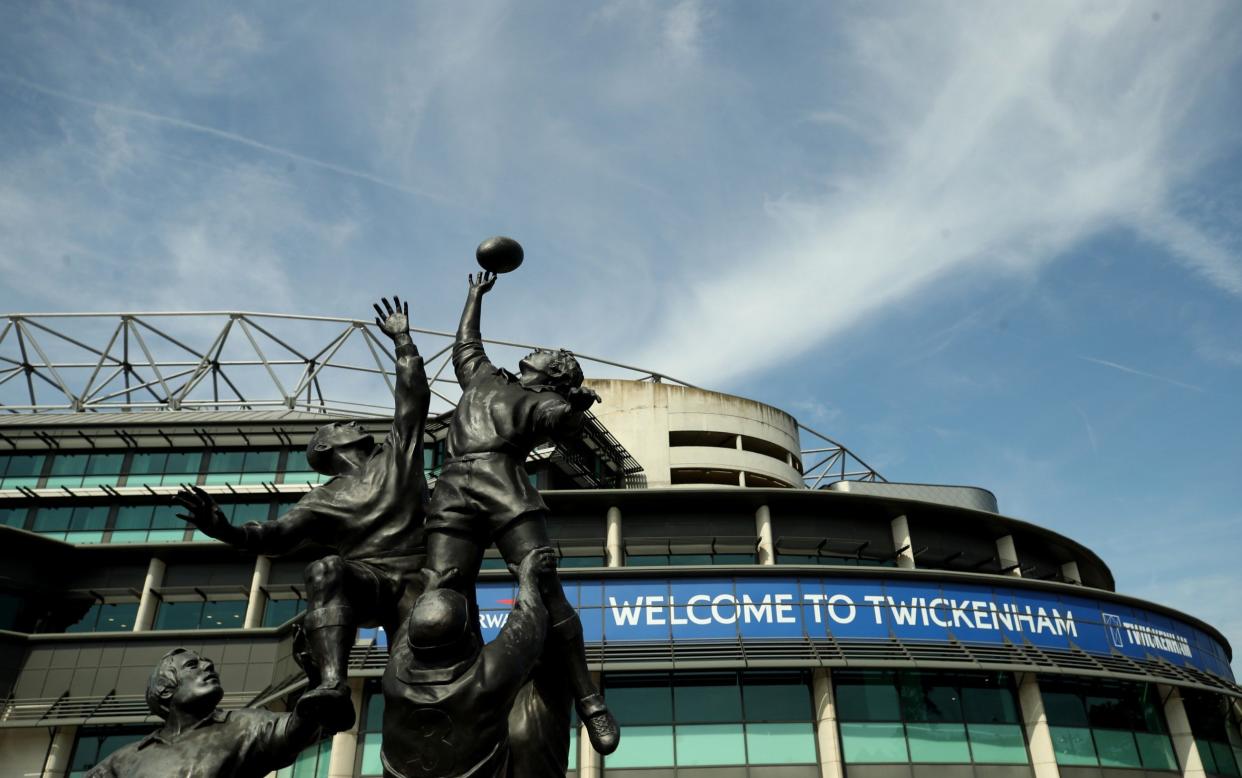Exclusive: Quarter of taxpayer-funded sports organisations fail government gender target for board diversity


Seven leading sports organisations are not meeting a Government target for the number of women on their boards more than three years since it came into force, an investigation by The Telegraph has found.
Following the recent launch of a review of rules governing the sector’s boardrooms – announced after The Telegraph revealed the shocking exclusion of the black community from them – it can be revealed that:
A quarter of taxpayer-funded sports organisations do not meet an existing target for gender diversity, according to the most recently published data
Among them are the Rugby Football Union, England Hockey, GB Boxing and England Boxing, British Judo, the British Karate Federation and the British Mountaineering Council
A provision in the Government’s code for sports governance, for non-compliant bodies to be stripped of public money, has never been used
The findings raise major questions over the effectiveness of the code and whether any new targets for ethnic diversity imposed following a government-ordered review would be properly enforced.
Julian Knight MP, the chairman of Parliament’s Digital, Culture, Media and Sport select committee, said: “It’s all very good having targets but if there’s no comeback if you don’t meet those targets, what’s the point? There has to be a genuine shoulder-to-the-wheel effort on behalf of sports to make their governing bodies more representative of our country and of the sporting culture of our country.”
Of those organisations analysed by The Telegraph, the RFU – which received £3.5 million last year from grass-roots funding body Sport England – has four female directors out of 14, one short of that required.
It has never met the 30 per cent target, having refused to join the Football Association in committing to the April 2017 deadline for doing so, and having had several changes of directors since, including this summer.
World Cup-winner Maggie Alphonsi, who is also the only black member of the RFU’s 61-strong council, said the organisation had become more diverse but conceded: “We should’ve reached the 30 per cent within a three-year term”.
England Hockey, which receives £2.4 million, is also one shy of the threshold with three female directors out of 12 in a sport where British women’s teams have conquered the world in recent years.
It, too, has never met the target and, until September last year, was led by Sally Munday, the now-head of elite funding body UK Sport, which alongside Sport England is tasked by Government with enforcing the code, including withholding taxpayer and National Lottery money from those who flout it.
GB Boxing, which receives about £3.6 million per year from UK Sport, has two female directors out of 12, which is half as many as required. Only one woman has joined the board out of six new arrivals since the sports governance code came into force and one out of eight since its introduction was first announced.
England Boxing, which receives £1.1 million from Sport England, has three female directors out of 12, as does British Judo (£1.8 million from UK Sport), which has recruited just one woman out of four appointments since the code came into force.
The British Karate Federation (two female directors out of 12) and the British Mountaineering Council (three out of 12), which run two new Olympic sports, are short of the 30 per cent target as well.
Nigel Huddlestone, the Sports Minister, responded to The Telegraph’s findings by reiterating his commitment to a review of the code, having already admitted British sport was “woefully behind” on Black And Minority Ethnic representation in leadership roles amid calls from campaigners for a 20 per cent ethnicity target.
UK Sport and Sport England said women now accounted for 40 per cent of board members across funded bodies, adding: “In the case of funded bodies who have not yet reached the target, they must put in place a diversity action plan to ensure they are working towards it. We track progress against it and regularly review and monitor compliance of the code. Sport England and UK Sport acknowledge that huge progress has been made, but the reality is there is still a long way to go.”
The RFU did not respond to requests for comment but its chief executive, Bill Sweeney, has already promised at least 30 per cent of new members of its council – albeit not its board – would be either women or from an ethnic minority.
Royston Hoggarth, England Hockey chairman, said the organisation had an “objective” to increase the diversity of its board.
GB Boxing declined to comment but a source said half of the membership of its board was imposed upon it by home nation national governing bodies and that it had appointed one woman out of three positions it had control over since April 2017.
England Boxing said it had met the 30 per cent target until September last year and it planned to increase the size of its board to 13 imminently to redress the balance.
British Judo, the British Karate Federation and the British Mountaineering Council did not respond to requests for comment.


